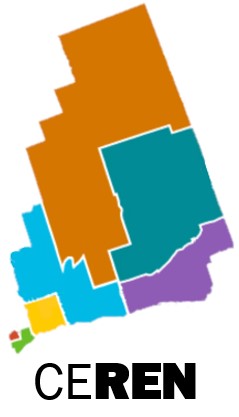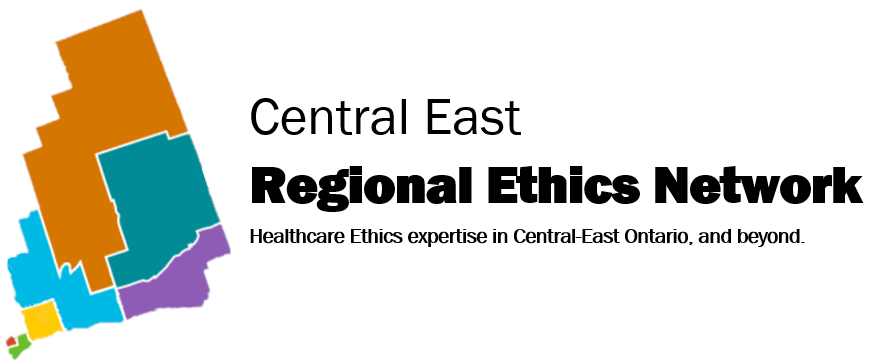
Background
On February 6th 2015 the Supreme Court of Canada (SCC) released their decision on Carter v Canada (Attorney General) to uphold a judgment from a lower court which determined that the current prohibition in Canada on physician-assisted dying and euthanasia violated the section 7 [Charter of Rights and Freedoms] rights of competent adults whose medical condition causes intolerable suffering.
By June 17, 2016, legislation had been given royal assent which permitted and regulated what would be termed, “Medical Assistance in Dying,” or “MAID.”
Definitions
Euthanasia: Knowingly and intentionally performing an act, with or without consent, that is explicitly intended to end another person’s life and that includes the following elements: the subject has an incurable illness; the agent knows about the person’s condition; commits the act with the primary intention of ending the life of that person; and the act is undertaken with empathy and compassion and without personal gain. (Canadian Medical Association, 2014)
Physician Assisted Death: Where a physician knowingly and intentionally provides a person with the knowledge or means or both required to end their (the patient’s) life, including counseling about lethal doses or supplying the drugs needed to end ones life. (Canadian medical Association, 2014)
Medical Assistance in Dying (MAID) has been defined in the legislation as:
a) The administering by a medical practitioner or nurse practitioner of a substance to a person, at their request, that causes their death; or
b) The prescribing or providing by a medical practitioner or nurse practitioner of a substance to a person, at their request, so that they may self-administer the substance and in doing so cause their own death.
In other words, MAID can involve either Euthanasia, or Physician-Assisted Death as defined above.
What MAID is not:
- Palliative care: Palliative care is an integrated approach that aims to relieve suffering and improve the quality of life of those facing life-limiting acute or chronic conditions by means of early
identification, assessment and treatment of pain and other symptoms.
- Continuous palliative sedation therapy: complete sedation, with the intent of
rendering the patient unable to experience the environment, sensation or thoughts, until the patient dies naturally from the underlying illness.
- Withdrawing or withholding life-prolonging treatment: withholding treatment or treatment cessation refers to withdrawing or withholding life-prolonging treatment where it is no longer indicated or desired.
- Voluntary stopping of eating and drinking (VSED), or refusal of hydration and nutrition: the conscious and active choice to refuse and to discontinue food and fluid, orally or parenterally, with the intention of hastening death.
(Canadian Medical Association, 2017)
More information
For more information on MAID generally, see the Government of Canada’s webpage here.
Additional information and updates are available at Dalhousie University’s Health Law Institute MAID page, here.
For information on Ontario MAID forms (e.g. request, assessment) see here, or speak with your medical or nurse practitioner.
If you would like to speak with someone from the CEREN with general questions about MAID, contact us.
*
*
This section exists as a resource for information only. The CEREN does not assess for, nor provide Medical Assistance in Dying.
